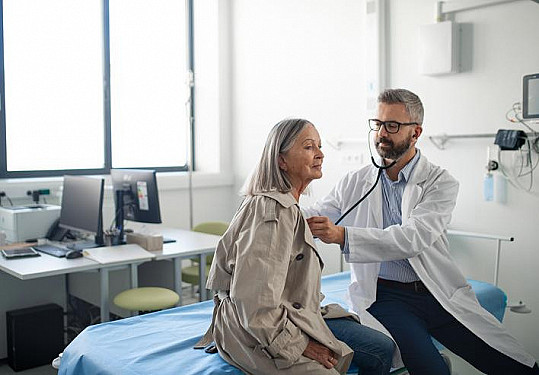Why does my arm hurt after I get a shot?
Ask the doctors

Q. I’ve been rolling up my sleeve more often since COVID-19 shots became available, and my arm always hurts for a day or two after vaccination. Why?
A. You’re certainly not alone, since soreness in the upper arm is the most common vaccination side effect. It happens after the tiny squirt of vaccine injected into your arm muscle stretches the muscle fibers and triggers an immune response, leading to temporary inflammation and discomfort.
This tenderness can get in the way of using your arm normally for a few days. To lessen the impact of future shots on your routine, try getting the injection in your nondominant arm. Relaxing your arm during the shot might also help, since tensing the muscles can lead to more pain.
You can also limit arm tenderness and other vaccination side effects by keeping your injected arm moving afterward, which promotes blood flow; avoiding strenuous lifting or other exercise for a day or two; taking over-the-counter pain relievers after vaccination (avoid them before, as there’s some thought they could interfere with the effectiveness of the vaccine); and applying a cool compress or ice pack to reduce swelling at the injection site.
Image: © Dragana Gordic/Getty Images
About the Authors

Toni Golen, MD, Editor in Chief, Harvard Women's Health Watch; Editorial Advisory Board Member, Harvard Health Publishing; Contributor

Hope Ricciotti, MD, Editor at Large, Harvard Women's Health Watch
Disclaimer:
As a service to our readers, Harvard Health Publishing provides access to our library of archived content. Please note the date of last review or update on all articles.
No content on this site, regardless of date, should ever be used as a substitute for direct medical advice from your doctor or other qualified clinician.
















